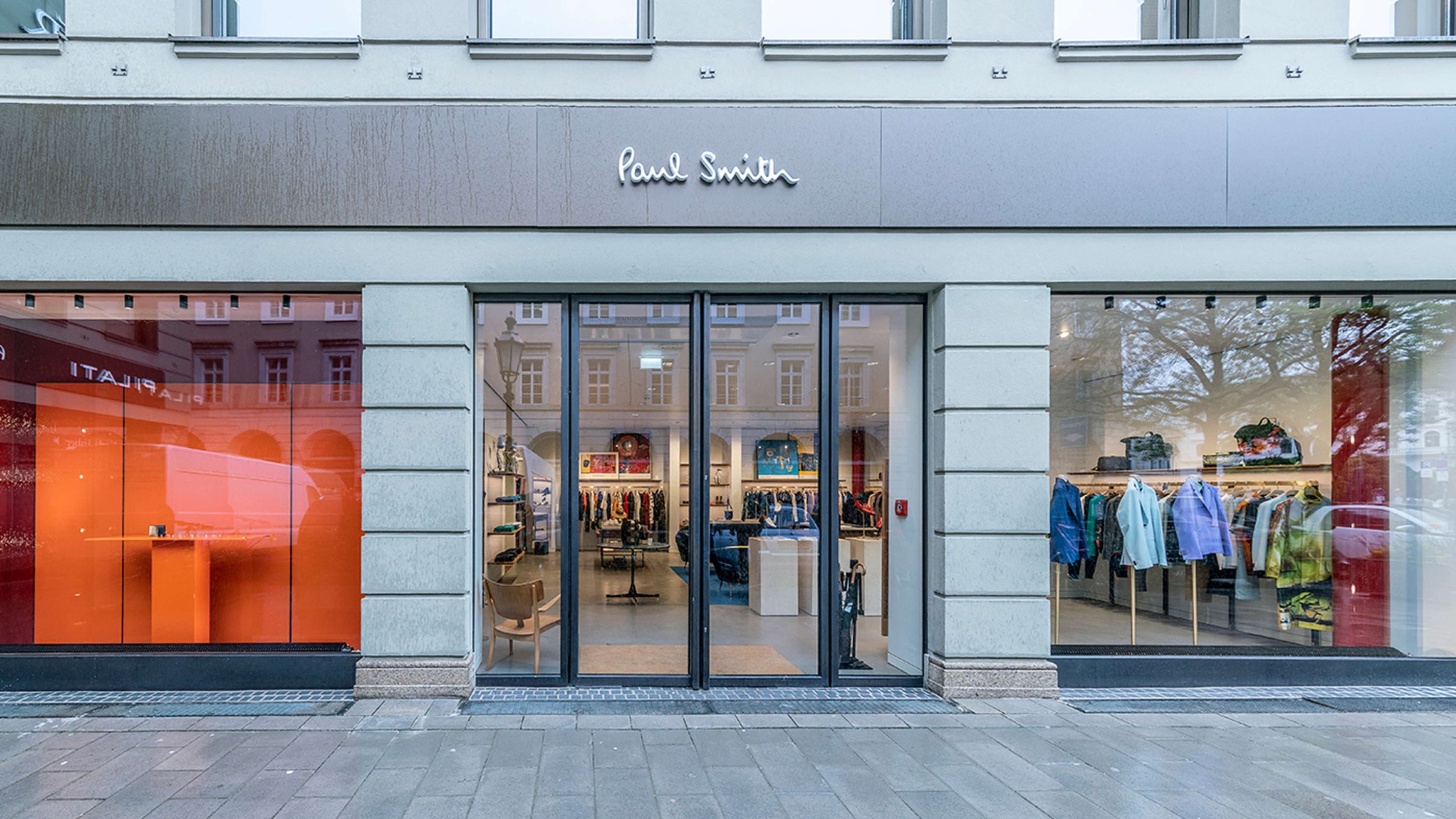The British Designer Will Close all Three of his Stores in the Country, Where he has had a Retail Presence for the Past Decade
Paul Smith is set to shutter its stores in Germany, marking a significant shift from the label’s entry into the German market a decade ago. Each of the designer’s three stand-alone stores in the country, in Berlin, Munich, and Hamburg, will be closed.
The decision to close the stores comes against the backdrop of a challenging economic environment in Germany. The country’s economy contracted by 0.3 percent in 2023, and modest growth of 0.7 percent is predicted for 2024, according to the Munich-based Institute for Economic Research. Notably, Germany was the sole European Union country to slip into recession the previous year.
A spokesperson for Paul Smith acknowledged the changing landscape, stating, “The leases for our shops in Germany were all negotiated pre-COVID when shopping habits were vastly different from today. The decision to close shops is never easy, particularly given the dedication and efforts of all of our local staff.” The spokesperson further emphasized the brand’s pride in its wholesale distribution in Germany, affirming an ongoing collaboration with valued partners in the market.
Paul Smith currently operates three stand-alone stores in Germany, each with its unique ambiance. The brand’s initial retail foray into the country ten years ago arrived in the form of a two-floor, 5,000-square-foot emporium in a Biedermeier-style house with a garden in Hamburg. The Berlin store, spanning 1,000 square feet, stands out with 45 black metal coat hooks on its façade and a strategic location on Potsdamer Strasse – a choice influenced by the area’s burgeoning art and design scene. In contrast, the Munich store, the most recent addition, boasts a contemporary design featuring a glass façade, minimalist interiors, and midcentury modern furniture.
The decision to close the German stores aligns with challenges highlighted in Paul Smith’s 2023 financial results. Rising inflation, “low consumer confidence,” and supply chain disruptions were cited as contributing factors. While turnover increased by 4 percent to £152.6 million in the fiscal year ending June 30, operating losses widened to £11.6 million from £7.5 million, attributed to non-cash exceptional items, cost inflation, and increased investment in promotional activities.
